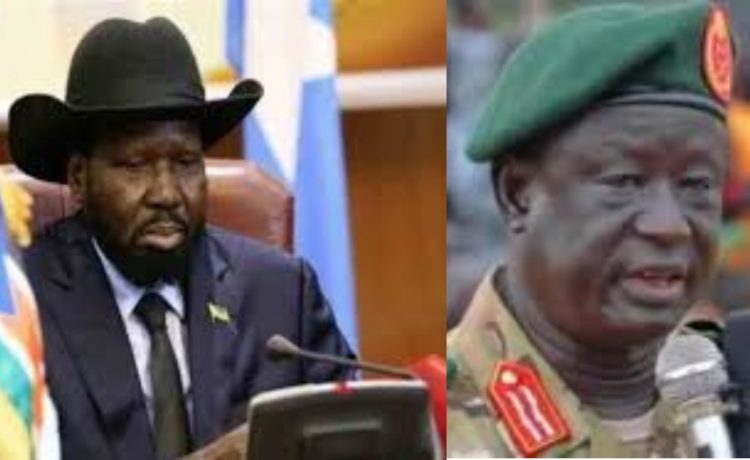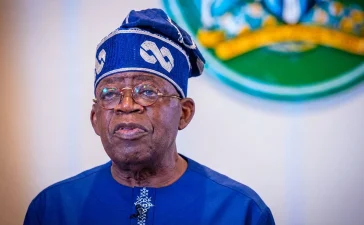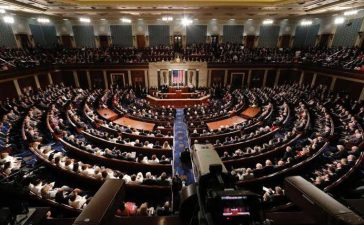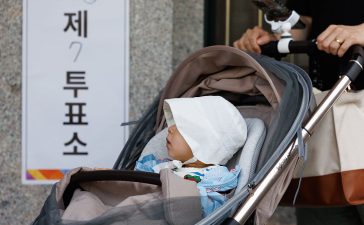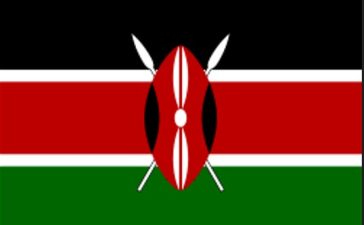President Salva Kiir has officially dismissed Akol Koor Kuc, the country’s long-serving intelligence chief, replacing him with close ally Akec Tong Aleu, according to a report by state broadcaster SSBC. Kuc had led the controversial internal security bureau of the National Security Service (NSS) since South Sudan’s independence from Sudan in 2011.
The dismissal comes on the heels of significant political turmoil, with Kiir’s administration recently announcing yet another delay in the transitional government’s elections. Just weeks ago, the president extended the transitional period by two years and postponed elections for the second time, following an initial delay in 2022. This decision has drawn sharp criticism from the United States and other international actors involved in the peace process.
Rights organizations, including Amnesty International and Human Rights Watch, have long condemned the NSS for its excessive power and lack of accountability. The agency is often accused of operating with impunity against civil society members and activists who challenge the government, raising concerns about human rights violations in the country.
Analysts suggest that Kiir’s decision to replace Kuc reflects a deeper power struggle within the highest echelons of the South Sudanese government. Boboya James, a policy and security analyst, noted, “There’s been a lot of reckoning in terms of what to do with Akol Koor. The president doesn’t want very rapid decisions to cause a problem with national security.” He added that with the extension of the peace agreement, Kiir likely aims to consolidate power by bringing loyalists into key government positions.
The newly appointed intelligence chief, Akec Tong Aleu, is known to be a close ally of Kiir, indicating a potential shift toward a more loyalist-driven administration as the country navigates its complex political landscape.
Despite officially ending five years of civil war in 2018, persistent disagreements between President Kiir and his deputy, Riek Machar, who led opposing factions during the conflict, continue to hinder the completion of the peace process. The recent leadership changes and ongoing election delays suggest that South Sudan remains at a critical juncture, with the potential for further instability.
As the situation evolves, the international community continues to monitor developments closely, urging the South Sudanese government to prioritize human rights and genuine democratic reforms.

